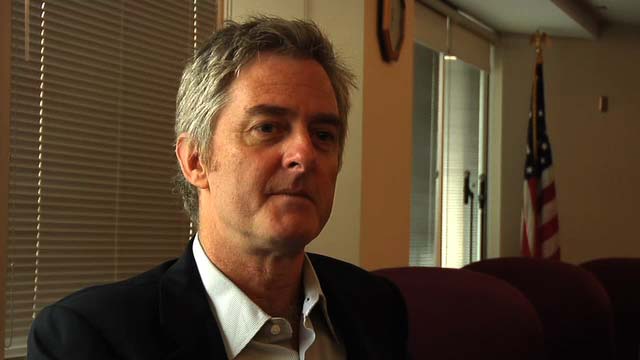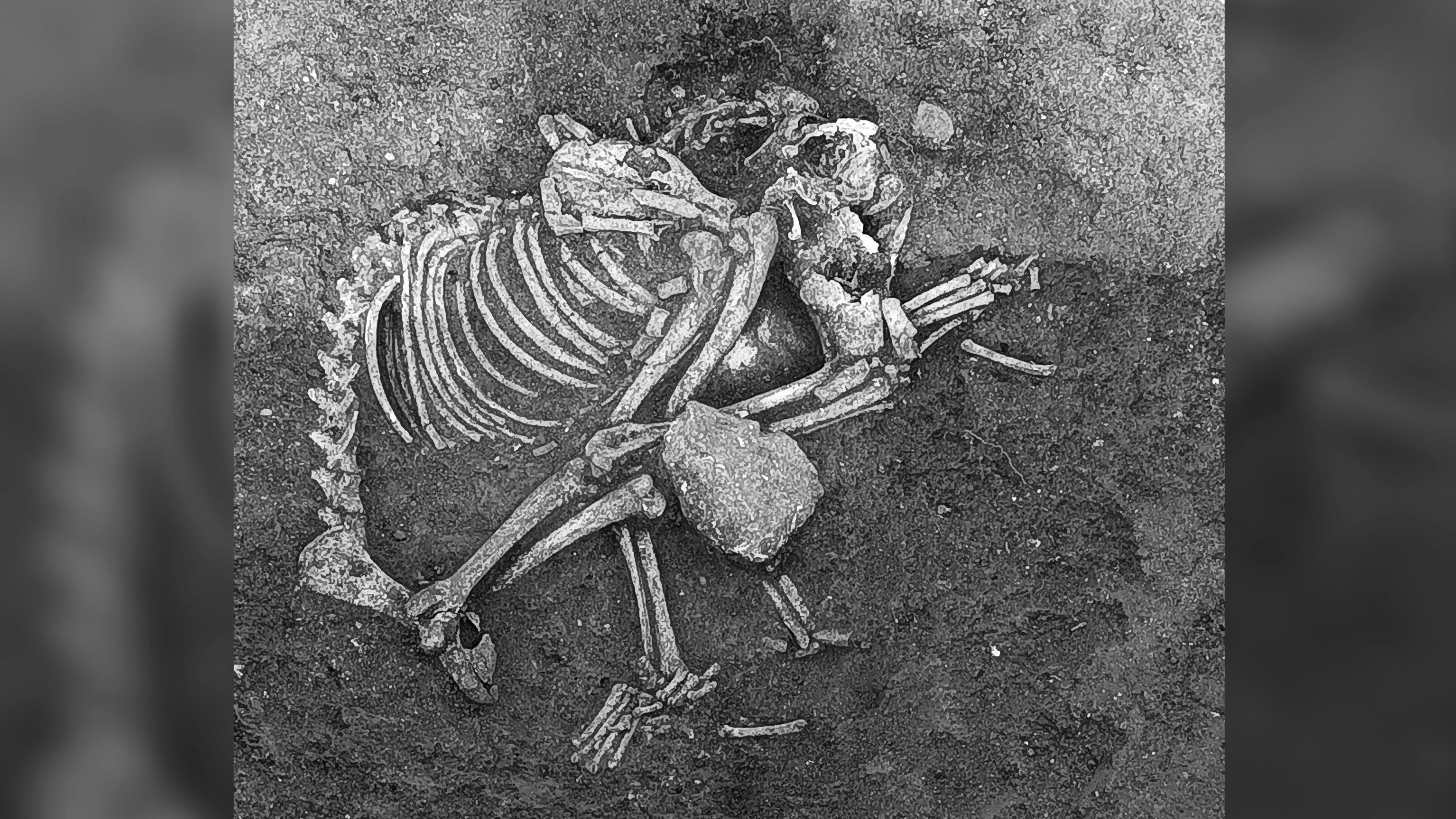Big Surprises about Eyewitness Research

This ScienceLives article was provided to LiveScience in partnership with the National Science Foundation.
Introduction: Steven Clark, a Psychology Professor at the University of California, Riverside, has spent the last 29 years conducting research on human memory and decision-making. During that period of time, 269 people were convicted of crimes they did not commit and were exonerated based on DNA evidence. In the vast majority of those cases, the wrongful conviction was based in whole, or in part, on mistaken eyewitness identification. The challenge for the criminal justice system, according to Clark, is to devise identification procedures that reduce the risk of false identifications of the innocent, without losing correct identifications of the guilty. Research shows that this may not be easy — procedures that reduce the risk of false identifications also tend to lose correct identifications. Clark asks the question: How should the criminal justice system evaluate that trade-off between correct identifications that are lost in exchange for false identifications that are avoided? But here the National Science Foundation asks the questions and Clark answers the ScienceLives 10 Questions.
Name: Steven E. Clark Institution: University of California, Riverside Field of Study: Psychology, human memory and decision-making
Editor's Note: This research was supported by the National Science Foundation (NSF), the federal agency charged with funding basic research and education across all fields of science and engineering. Any opinions, findings, and conclusions or recommendations expressed in this material are those of the author and do not necessarily reflect the views of the National Science Foundation. See the ScienceLives archive.
Get the world’s most fascinating discoveries delivered straight to your inbox.
 Live Science Plus
Live Science Plus






